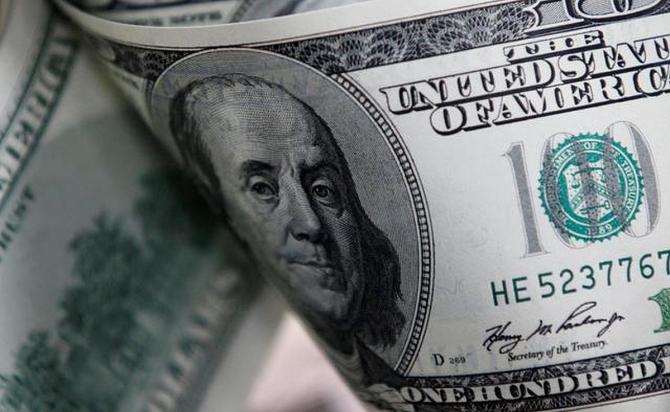The total household wealth in India during this period rose 1.7 per cent to $246 billion.

Wealth per adult in India rose 0.7 per cent to $17,420 at end of June 2020 despite the Covid-19 pandemic bringing life to a near standstill earlier this year and severely denting the economy, with gross domestic product (GDP) contracting 23.9 per cent in the first quarter.
Wealth per adult was $17,300 at the end of calendar year 2019, according to Global Wealth Report 2020 by Credit Suisse, released on Thursday.
For 2020, Credit Suisse expects average wealth per adult to rise 5-6 per cent from the levels seen in 2019-end, with 2021 expected to see an even stronger growth of 9 per cent.
In terms of wealth per adult, Hong Kong SAR (up $5,880), Taiwan (Chinese Taipei, $8,330), the Netherlands ($16,430) and Switzerland ($23,430) were the main beneficiaries during the first half of 2020, Credit Suisse noted.
At the global level, however, the wealth per adult fell 0.4 per cent in the first half of 2020 to $76,984.
Without the Covid-19 pandemic, the best estimate of global wealth per adult would have risen from $77,309 at the start of the year to $78,376 at end-June 2020, the findings suggest.
The most adversely affected region, according to Credit Suisse, was Latin America, where currency devaluations reinforced reduction in GDP to result in a 12.8% reduction in total wealth in US dollar terms.
“The pandemic eradicated the expected growth in North America and caused losses in every other region, except China and India.
"Among the major global economies, the United Kingdom has seen the biggest relative erosion of wealth,” the report said.
Household wealth
That said, the total household wealth in India during this period, according to their estimates, rose 1.7 per cent to $246 billion.
“No firm evidence that the pandemic has systemically favored higher-wealth over lower-wealth groups or vice versa.
"Impacts on particular groups easier to see: the low-skilled, women, minorities, the young, and small businesses have all suffered, while those linked with the few industries that have thrived in the pandemic have benefited,” Credit Suisse said.
Household wealth in India, Credit Suisse notes, is dominated by property and other real assets, although financial assets have grown over time, and now account for 22 per cent of gross assets.
“With an adjustment for survey underreporting, average debt was $1,080 at the end of 2019, which is just 6 per cent of gross assets.
"Thus, although indebtedness is a severe problem for many poor people in India, overall household debt is relatively low,” the survey findings suggest.
According to Credit Suisse, India has 907,000 adults in the top 1 per cent of global wealth holders and estimates 4,600 adults having wealth over $50 million.
“Wealth inequality remains quite high in India.
"There is considerable poverty reflected in the fact that 73 per cent of the adult population had wealth below $10,000 at the end of 2019.
"At the other extreme, a small fraction of the population (2.3 per cent of adults) had a net worth over $100,000,” wrote Nannette Hechler-Fayd'herbe, chief investment officer for international wealth management and global head of economics & research at Credit Suisse in the co-authored report with Professor Anthony Shorrocks of University of Manchester.
Photograph: Lee Jae-Won/Reuters












 © 2025
© 2025